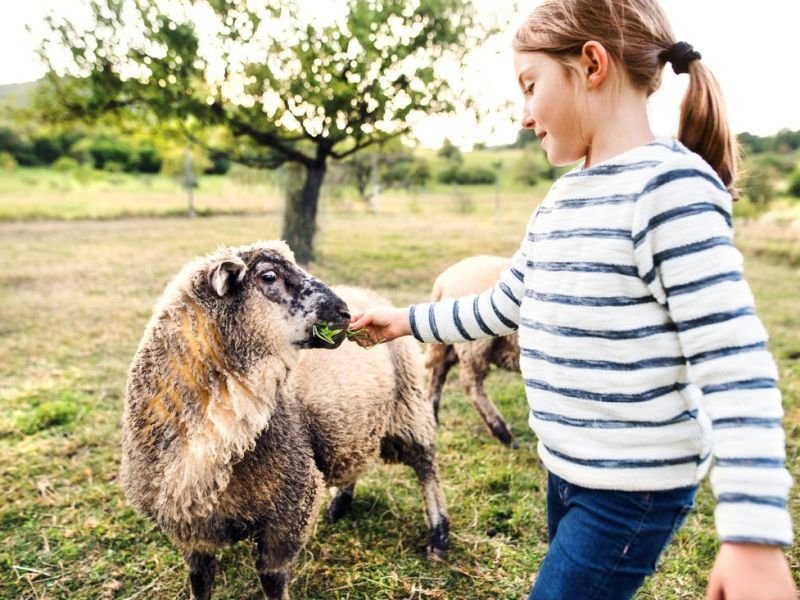Farm Animals and Livestock: Guardians of Our Agricultural Heritage

When we think about the agricultural industry, there’s no denying the crucial role that farm animals and livestock play. These animals are not only a vital source of food, but they also contribute to the overall sustainability and cultural heritage of farming practices. This article will delve into the various aspects of farm animals and livestock, their importance in our agricultural heritage, and how platforms like competes.tv allow users to engage with this captivating world.
The Role of Farm Animals
Farm animals, such as cows, pigs, chickens, sheep, and goats, serve multiple purposes on a farm. They are raised not only for meat but also for various agricultural products like milk, eggs, and wool. The diverse range of farm animals reflects the different climatic conditions and farming practices across the United States.
These animals provide sustenance for human populations, supply materials for clothing and textiles, and contribute to the economic well-being of farmers. Moreover, farm animals are essential for soil fertility, as their manure acts as a natural fertilizer and helps maintain the nutrient balance in agricultural ecosystems.
Livestock in Agriculture
Livestock farming, also known as animal husbandry, focuses on the rearing and breeding of animals for agricultural purposes. Livestock plays a critical role in meeting the global demand for animal-based products, including meat, milk, and eggs.
Furthermore, livestock farming has deep ties to the cultural and historical heritage of various regions. Different breeds of livestock have been selected and bred over centuries for their suitability to local climates, terrain, and agricultural practices. These breeds are a testament to the craftsmanship and knowledge passed down through generations of farmers.
Agricultural Heritage and competes.tv
competes.tv is a unique platform that allows users to submit and share captivating videos of farm animals. It provides a space for farmers, agricultural enthusiasts, and animal lovers to connect and engage with each other. The platform showcases the different types of livestock present in farm animal competitions, emphasizing their significance in rural communities and farming traditions.
Through competes.tv, users can build a loyal following and engage with their fanbase. They can share their knowledge and experiences, learn from others, and promote the preservation of agricultural heritage. The platform offers a window into the fascinating world of farm animals and livestock, fostering a deeper understanding and appreciation for their role in our lives.
To experience the captivating world of farm animals and livestock, visit competes.tv’s website: competes.tv/animal-competitions.
Conclusion
Farm animals and livestock are the guardians of our agricultural heritage. Their significant contributions to the agricultural industry, the economy, and sustainable farming practices cannot be overlooked. competes.tv offers a unique platform for users to explore and engage with this fascinating world, fostering a deeper connection between farmers, enthusiasts, and animal lovers. Through competes.tv, we can celebrate and preserve our agricultural heritage, ensuring a sustainable future for generations to come.